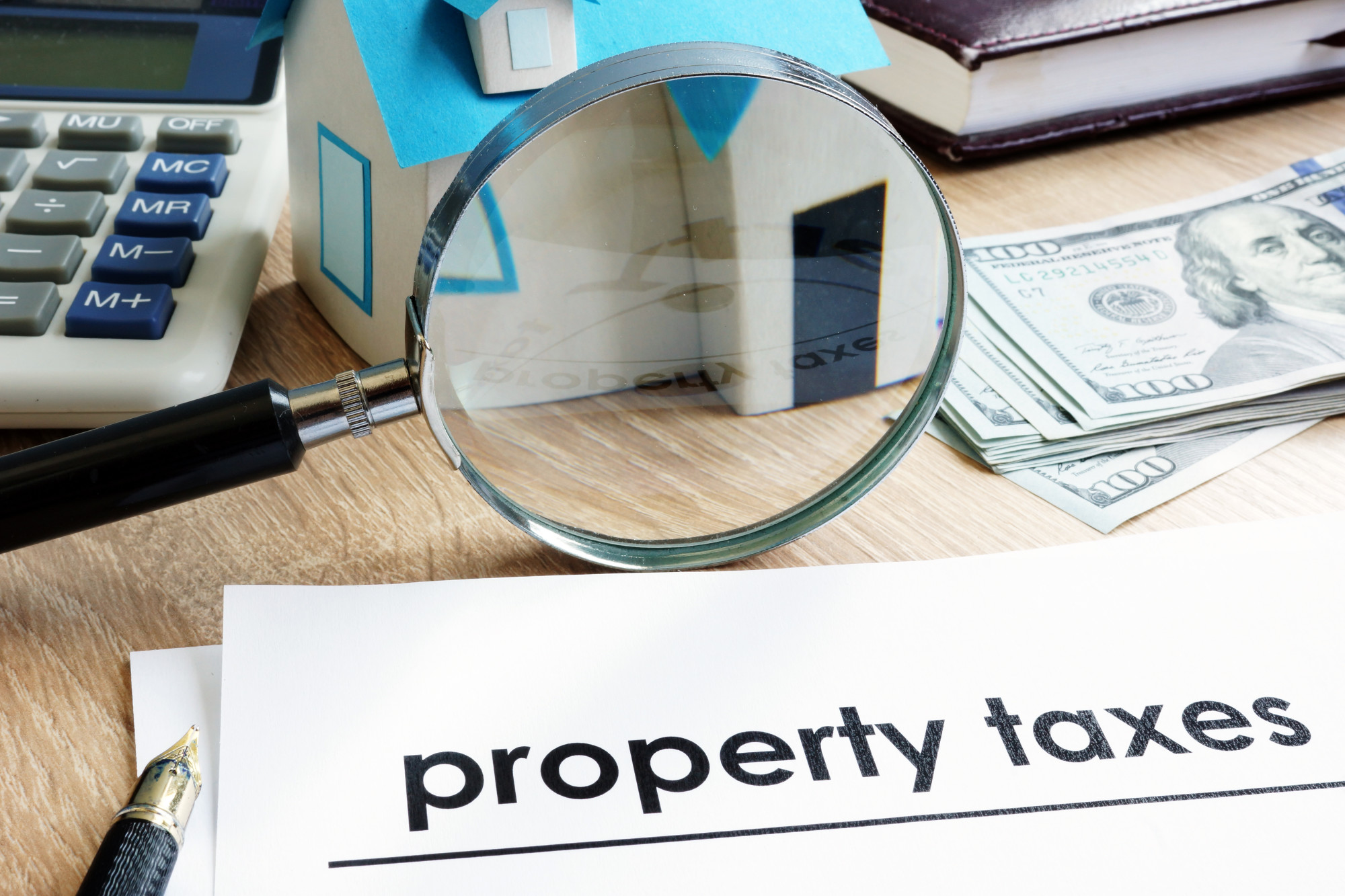How Medicare Taxes Affect Your Paycheck
How Medicare Taxes Affect Your Paycheck
Blog Article
When letting out a house, several first-time landlords question whether they need to pay fees on the money they earn. The simple solution is yes—what are medicare taxes by the IRS. Nevertheless, knowledge what qualifies as taxable income—and the deductions you could be called to—can allow you to better handle your financial responsibilities as a landlord.
What Matters as Rental Revenue?
The IRS becomes hire income as any cost you obtain for the utilization of home you own. Including not just the monthly book from your tenants but additionally additional obligations, such as for example:
•Improve Rent: In case a tenant gives rent upfront for the next period, it must be reported as money when acquired, perhaps not when the time begins.

•Protection Remains (if perhaps not refunded): In the event that you hold a protection deposit for damages or other problems at the conclusion of a lease, this volume becomes taxable.
•Services in Host to Lease: Periodically, tenants may offer things or services rather than paying rent. For instance, if your tenant mows the garden in exchange for portion of the book, the equivalent monetary value of the company should be declared as income.
Expenses That Can Be Subtracted
Luckily, landlords may offset many of their costs against their hire revenue, decreasing the taxable amount. Some typically common deductions include:
1.Property Repairs
Small fixes, such as for instance solving a leaky touch or repainting surfaces, are deductible as they are regarded essential to keep the property.
2.Mortgage Curiosity
In the event that you needed out a loan to get your rental home, you might maintain the curiosity you spend on the mortgage.
3.Property Taxes and Insurance Premiums
They're normal deductions, as both are expected to own and control a property.
4.Maintenance and Tools
Any preservation charges or schedule maintenance expenses could be subtracted, as well as resources you pay for your tenant.
5.Depreciation
Landlords can take a portion of their property's depreciation value every year over their estimated life (typically 27.5 decades for residential properties).
Filing Your Rental Revenue
Rental revenue should really be described on Routine Elizabeth (Supplemental Revenue and Loss) if you're filing being an specific taxpayer. That type allows you to list your rental revenue and any deductions. The web figure—revenue minus expenses—is what will eventually be taxed.
Essential Takeaway
Tax principles on rental money can feel complicated, but with appropriate record-keeping and awareness of potential deductions, landlords can minimize their taxable money and keep compliant. For exact filings, always consult a duty qualified or control resources to simplify the process.
Report this page